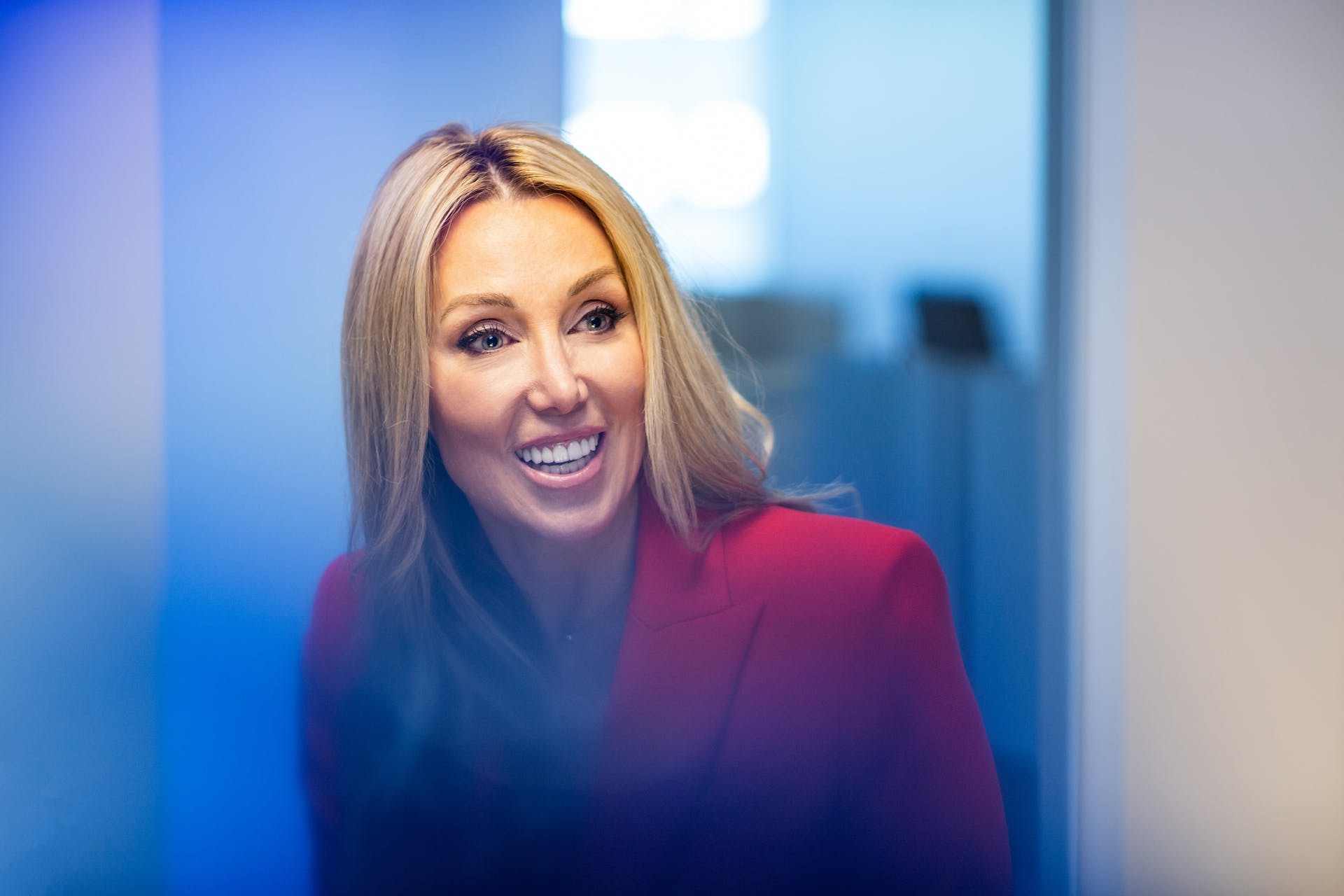If clients are leaving, the problem might be you
Warren Buffet famously said, “It takes 20 years to build a reputation and five minutes to ruin it.” Well before Buffet came along, however, Benjamin Franklin was dispensing similar wisdom: “It takes many good deeds to build a good reputation, and only one bad one to lose it.”
In the time between Buffet and Franklin, of course, a lot of things have changed. Nonetheless, trust persists as an integral, albeit intangible, element of successful business practices — and especially so for accountants. Why? Because the finance and accounting sector is a marketplace in which, to put it in Econ 101 terms, “buyers” (clients) encounter many different “sellers” (CPAs), each capable of delivering essentially similar services that will meet their needs. Trust is what’s irreplaceable, differentiating one CPA from the next.
So if you’re losing clients, it’s time to ask yourself if trust might be a factor. And to help you address that, here are three simple ways you can up your trust quotient, build better relationships and expand your practice in 2019.
Don’t shy away from promises (just make sure you keep them)
“Overpromising and under-delivering” is a common phrase today — and a problem that nobody wants to have associated with their business. The opposite, underpromising while overdelivering is often touted as the M.O. of effective leaders and companies today.
Yet, for finance professionals, this might not be the best practice. After all, people are almost universally anxious about their money, whether it’s a matter of personal finances or their company’s working capital. And by making, and then delivering on, your promises, you not only help alleviate that anxiety, but you also sow the emotional seeds of a trusting, loyal, long-term partnership.
It doesn’t have to be anything monumental — small promises can be just as effective as a big one. For example, you might tell a client, “If you can continue to generate these returns, I promise you we’re going to see at least X percent growth over the next two years.” You’ll soon find that your future business prospects look promising, in return.
Prioritize in-person time over phone calls or remote meetings
Today, roughly 40 percent of Americans work remotely at least part of the time. Meanwhile, for as many as one in three employees, 80 percent of working hours are spent outside the office.
That might translate to big efficiency gains and cost savings for many companies, but it also makes day-to-day work life more transactional — and a lot less personal.
Unfortunately, the big-picture shift toward digital interactions might hurt your business as an accountant. After all, there are many other accountants who can likely deliver similar services to clients. So what ultimately differentiates you from all the others is your relationships with clients and the trust that they place in you.
To help preserve that trust, prioritize in-person meetings over phone calls or remote meetings. It’s a great way to solidify relationships and will likely lead to greater client loyalty.
Dress to inspire confidence
Everything about the world of work — where, how and why we work — is rapidly changing today. And so, too, are standards of dress.
In today’s workplace, relaxed dress codes are increasingly the norm. Even a financial giant like JPMorgan, for instance. Recently, the company has become less strict in its expectations of how employees present themselves: Polo shirts, casual pants, capris and dress sandals are now acceptable, but jeans, athletic shoes, flip-flops, sweatpants, leggings, yoga pants, hats, hoodies, halter tops — plus a literal laundry list of other items — are not, according to a recently publicized internal memo.
But as an accountant, you should buck the trend. That doesn’t mean you need to go in for the most formal professional dress possible; business casual attire is fine. At the end of the day, you want to look trustworthy — and the right attire can go a long way.
Trust is invaluable to relationship building
In one academic study, trust is defined as the essential “confidence” one party invests in another based on that party’s demonstrated “honesty and reliability.” Of course, we probably don’t need the jargon — we all know what this looks like in real life. It’s the ice cream parlor you willingly hike halfway across town to get to or the babysitter you always call first.
So spend a few minutes today considering where you can make small changes to more effectively build and manage trust in your relationships. Even incremental changes will likely yield pay dividends. Trust us.
=======
About Jodi Chavez, Group President, Randstad Professionals, Randstad Life Sciences and Tatum
Jodi oversees the field organization and provides strategic direction for Randstad Life Sciences, Randstad Professionals and Tatum. With more than 20 years’ experience in the staffing industry, Jodi’s entrepreneurial drive and strong business acumen have enabled her to consistently increase revenues, grow profits and deliver ROI. Her breadth of expertise spans team building, strategic planning and execution, M&A, branding, social media and multi-generational leadership.
Thanks for reading CPA Practice Advisor!
Subscribe Already registered? Log In
Need more information? Read the FAQs




